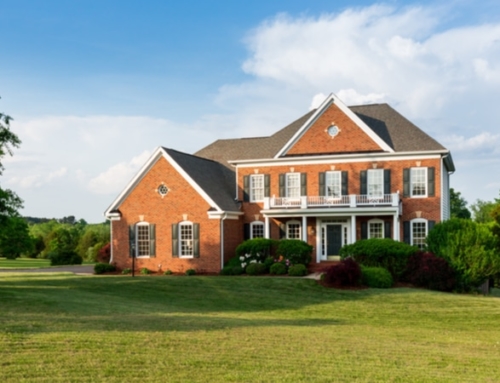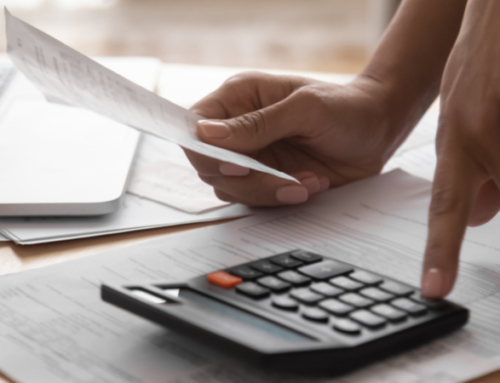Q: In 1989 my husband and brother purchased a condo in Florida for $130,000.
In March 2004, my husband’s brother was no longer interested in being an owner of the condo and we bought him out for $90,000 since we established the market value at $180,000.
But prices have gone up a lot since then and the property is now worth $270,000. We plan on selling the condo in a few months.
What are the tax implications for us? Will our profit be a long term capital gain since we will have my brother-in-law’s share for just over a year when we sell it? We are selling this privately so there will be no real estate agent involved.
A: I’m amazed at how quickly property in some parts of Florida is appreciating. Over 2004, property prices soared an average of more than 20 percent. But in communities like Destin, some owners saw the value of their property rise more than 100 percent.
Let’s take a look at your situation. The capital gains, or profit, on the property should be based on the tax basis of the property. Your share of the home will be based on the original purchase price of $130,000. Your brother-in-law’s share, which you now own, will be based on what you paid him for his half, or $90,000.
If you had sold the property for $270,000, and still owned it with your brother in law, your share of the sale would have been $135,000 apiece (not including any costs of sales such as commission, advertising, closing costs, etc.) On the $130,000 original purchase price, you each put in $65,000 and would each have a profit of about $65,000.
Let’s talk about where we are now: On your share, you’ll owe long-term capital gains tax on $75,000 of profit ($135,000-$60,000). On your brother-in-law’s share, you’ll owe capital gains tax on $45,000 ($135,000-$90,000). You would effectively be taxed on your gain of $120,000. If your capital gains tax rate is 15 percent, your tax would be about $18,000.
If you’ve taken depreciation on the property, you may have to recapture that for the IRS. Your accountant or tax-preparer can help you figure this out.
If you want to defer tax and the condo was an investment property, you can do a 1031 tax-free exchange and purchase another investment property that costs at least the same as the one you’re selling. But there are specific rules about when you must designate the property you’re going to buy and when you must close. For more details, consult with a real estate attorney who is well-versed in 1031 tax-free exchanges, which are also known as Starker Trusts.
Published: Jan 21, 2005






Leave A Comment